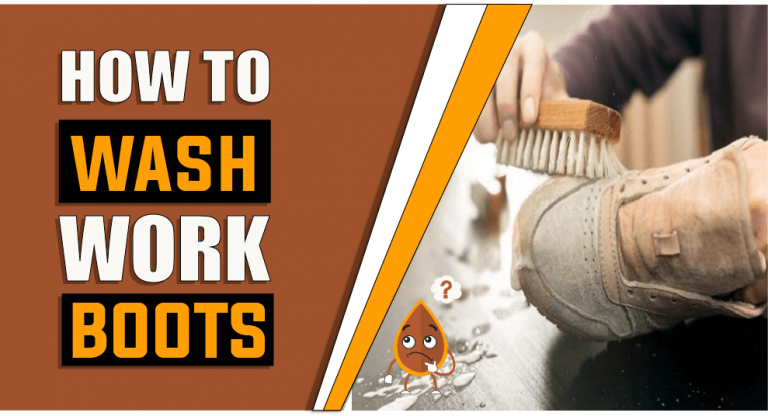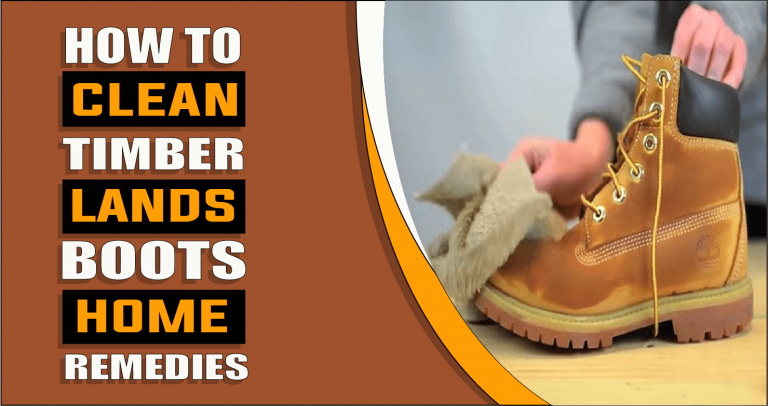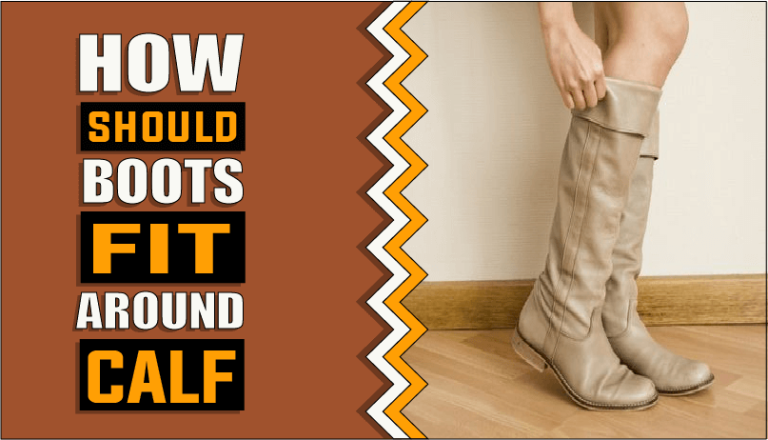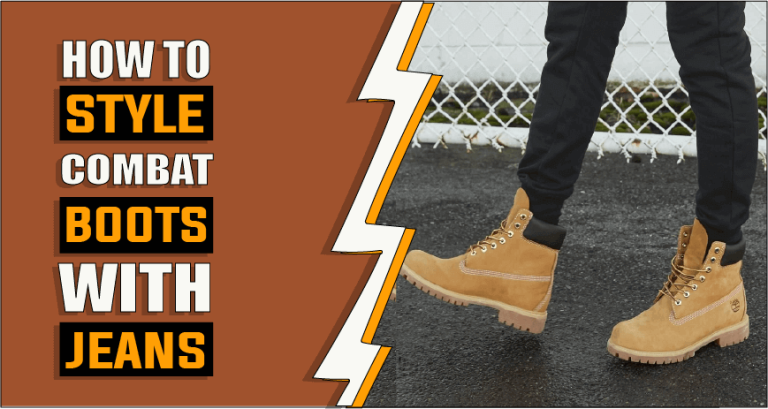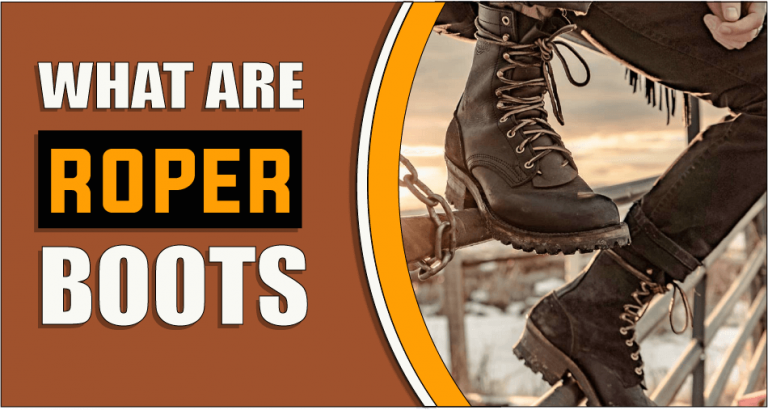Why do my work boots smell like cat pee?
Have you ever owned work boots that smelled like cat pee? If you have, then you know just how unpleasant it can be. In this post, we’ll take a look at why work boots sometimes smell like cat pee and what you can do to prevent it. If the smell is already present in your boots, we’ll also provide you with some advice on how to get rid of it. Also, if you’re wondering why my work boots smell like cat pee, continue to read on!
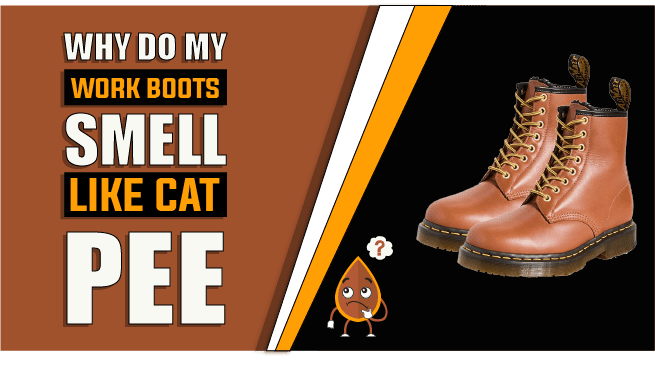
Let’s discuss why do my work boots smell like cat pee
Your work boots may smell like cat pee for many reasons. Let’s discuss these possibilities:
1: Sweaty Feet:
If you have sweaty feet, the sweat can mix with the bacteria on your skin and create an odor. This is the most frequent cause of stinky feet. The best way to combat sweaty feet is to wear socks made of materials that wick away moisture, like wool or synthetic fibers. You can also try sprinkling a little bit of baking soda in your boots to absorb the sweat and odor. If your boots are leather, you might want to use a leather conditioner to help them breathe and stop moisture from gathering. Make sure to clean and dry your boots thoroughly after each use.
2: Poor Ventilation:
If your boots don’t have good ventilation, sweat and bacteria can build up and create an odor. This is especially a problem in winter when you’re wearing thick socks and your feet are confined in your boots for long periods. Look for boots with vents or openings to allow air circulation. You can also try wearing thinner socks in the winter to help reduce sweating. Make sure to take your boots off periodically during the day to give your feet a chance to air out.
3: Poor Quality Materials:
If your boots are made of poor-quality materials, they may not be able to breathe and will trap sweat and bacteria inside. This can create a perfect environment for odor-causing bacteria to thrive. Choose footwear made from natural, breathable materials such as leather or canvas. Stay clear of synthetic materials like PVC and vinyl. This will help your boots to air out and prevent the buildup of sweat and bacteria.
4: Wet or Damp Boots:
If your boots are wet, they can create an ideal environment for bacteria to grow. This can lead to smelly feet and work boots. The best way to prevent this is to make sure your boots are always clean and dry. If they do get wet, remove them as quickly as possible and allow them to air dry. Do not store your boots until they are completely dry. You can also try using a boot dryer to help speed up the drying process. Soak up any moisture in the boots with newspaper or a towel before putting them away.
5: Wearing the Same Boots Every Day:
If you wear the same boots every day, your boots are going to start to smell. The sweat and bacteria from your feet will build up over time, and the only way to get rid of that odor is to clean your boots regularly. This is especially true if you live in a warm climate or if you have sweaty feet. Make sure you are giving your boots a good cleaning at least once a week, and more often if you can.
6: Not Cleaning Your Boots Regularly:
If you don’t clean your boots regularly, sweat, dirt, and bacteria can build up and create an odor. This is especially problematic if you use your boots daily. Hence, at least once a week, clean your boots with soap and water. You can also disinfect and deodorize your boots with a vinegar solution. Remember that when washing your boots, you should pay special attention to the parts of your feet that sweat the most. Make sure to dry your boots thoroughly after cleaning them.
7: Wrong Sizing:
If your boots are too small, they will rub against your feet, causing you to sweat more. This can lead to smelly feet and boots. When trying on boots, make sure that your toes can move around. Furthermore, you should also be able to effortlessly slip your foot into and out of the boot. If the boot is too tight, it will constrict blood flow and cause your feet to sweat more. So, make sure your boots fit properly to avoid smelly feet.
8: Not Wearing Socks:
If you’re not wearing socks with your boots, your feet will sweat and the sweat will soak into the boot. This can lead to smelly boots. The best way to avoid this is to always wear socks with your boots. You can also wear two pairs of socks if you plan to wear your boots for an extended period. This will help absorb the sweat and will keep your feet dry.
9: Not Letting Your Boots Air Out:
If you don’t let your boots air out after wearing them, the sweat and bacteria from your feet will build up and cause your boots to smell. This is especially true if you wear your boots multiple days in a row without giving them a chance to dry out. You can prevent this by taking your boots off as soon as you get home and letting them air out overnight. And, if possible, rotate between a few pairs of boots so that each pair has a chance to thoroughly dry out between each wearing.
10: Not Storing Your Boots Properly:
If you’re not storing your boots properly, they’re more likely to develop a bad odor. The best place to store your boots is in a cool, dry place that is out of the sun’s reach. And if possible, elevate them off the ground so that air can circulate them. This will assist in keeping moisture and mildew out of your boots. If your boots are particularly stinky, you can try sprinkling some baking soda inside them before storing them.
11: Wearing Boots in Hot Weather:
Wearing boots in hot weather can cause them to develop a bad odor. This is because heat and humidity encourage bacterial growth which causes this odor. If you must wear your boots in hot weather, try to keep them as dry as possible. And, if possible, take them off whenever you can to give your feet a break. This will help to keep your boots from stinking up the place. The best place to store your boots is in a cool, dry place that is out of the sun’s reach, when not in use.
12: Not Drying Your Boots after Wearing Them in the Rain:
If you wear your boots in the rain, it’s important to dry them off afterward. Otherwise, the wetness will cause the sweat and bacteria from your feet to build up, which will lead to smelly boots. You can dry your boots by using a boot dryer or by putting them near a fan. Make sure that they are in no way near any heat source to prevent any kind of harm to the boots.
13: Hormonal Changes:
Hormonal changes, such as during puberty or menopause, can cause your sweat glands to produce more sweat. This can make your feet sweat more, which can lead to smelly boots. There are a few things you can do to combat this. First, try to keep your feet as dry as possible by wearing socks made from materials that wick away moisture. Second, avoid wearing shoes or boots that are too tight to let your feet breathe. And third, try using an antiperspirant on your feet before putting on your socks and boots.
14: Storing your boots in a humid environment:
If you store your boots in a humid environment, like a garage or basement, the dampness can cause the leather to rot and the soles to separate from the uppers. This will not only leave your boots smelling bad, but it will also destroy them. Instead, keep your boots somewhere dry and cool. You can also use a boot drier to help the drying process. Soak up any moisture in the boots with newspaper or a towel before putting them away.
These are some of the most common reasons why your work boots might smell like cat pee. If you’re having this problem, make sure to take a look at these possible causes and try to correct them. By taking these simple steps, you can help prevent smelly work boots and keep your feet smelling fresh all day long.
Provide tips on how to prevent work boots from smelling in the future.
There are a few things you can do to keep your work boots smelling fresh in the future:
1. Wear socks composed of moisture-wicking fabrics, such as wool or textile materials.
2. Change your socks frequently, especially if you work in a hot or muggy environment.
3. Before putting on your socks and boots, apply an antiperspirant to your feet to prevent sweat.
4. Let your boots air out after wearing them. Remove the insoles and pack them with newspaper to absorb odor-causing moisture.
5. When not worn, keep your boots in a dry and cool place.
Following these tips should help keep your work boots smelling fresh and prevent any future smells.
Offer solutions to get rid of the smell
If you’re noticing an unpleasant smell coming from your home, there are a few things you can do to try and get rid of it.
1: Try cleaning the affected area – This could be something as simple as giving the area a good vacuum or mopping the floor.
2: Air out the affected area – Open windows and doors to let fresh air in. Use a fan to assist circulation of the air if possible.
3: Use odor-absorbing materials – Things like baking soda, coffee grounds, or charcoal can help absorb bad smells.
4: Mask the smell – If you need a quick fix, try using scented candles, air fresheners, or potpourri.
5: Check for hidden sources of the smell – Sometimes, bad smells can be coming from an unseen source, like a clogged drain or dirty ventilation ducts. If you’re not sure where the smell is coming from, it might be worth hiring a professional to help you track it down.
Hopefully, one of these techniques will be able to assist you in getting rid of the bad smell in your house!
Related Questions:
Ammonia is a common ingredient in many household cleaners and disinfectants. It’s also a by-product of the breakdown of urine, which is why your work boots may smell like ammonia if you’ve been sweating a lot or if they’re not properly ventilated. If the smell is particularly strong, it could be a sign of a more serious issue, such as an infection, so it’s always best to consult with a medical professional if you’re concerned.
The best way to get the ammonia smell out of your boots is to soak them in a solution of one part vinegar to four parts water. Give them at least 30 minutes to soak, then give them a thorough rinse in fresh water and let them air dry afterward. You can also try sprinkling baking soda inside your boots and letting them sit overnight, then vacuum them up the next day.
It could mean you have a medical condition called trichomycosis axillaris, which is caused by a fungus that produces an odor similar to cat urine. It could also mean you have a bacterial infection or are wearing shoes that don’t allow your feet to breathe. If the stench disturbs you, you can also get a diagnosis by going to your doctor.
Baking soda may help to remove odors from your boots, but it’s not a guarantee. You can try sprinkling some baking soda inside your boots and letting them sit overnight, but if the odor is strong, you might need to try another method.
Conclusion paragraph:
If your work boots are starting to smell like cat pee, there are a few things you can do to try and prevent it from happening in the future. First, make sure you’re wearing socks that will absorb sweat and moisture. Cotton socks are generally better at absorbing sweat than synthetic materials. Second, consider spraying your boots with an anti-odor spray before you wear them. Finally, if the smell does start to become noticeable, try washing your boots with soap and water (or using a boot cleaner). If none of these solutions work, it might be time to invest in a new pair of work boots.
Ella John created BootsSolution.com with the vision of helping people to find the perfect boots for any occasion. As an expert in the field of footwear, she has created a comprehensive guide to finding the perfect boots. With her BA (Hons) in Footwear Design from De Montfort University, UK, Ella John has been writing about boots for several years. On BootsSolution.com you can find helpful information about the latest trends, tips for taking care of your boots, and advice on how to choose the right pair. Ella’s mission is to provide her readers with the best possible advice and help make sure that everyone can look their best in a perfect pair of boots. So if you’re looking for the information and inspiration you need to find the perfect boots, look no further than BootsSolution.com.

